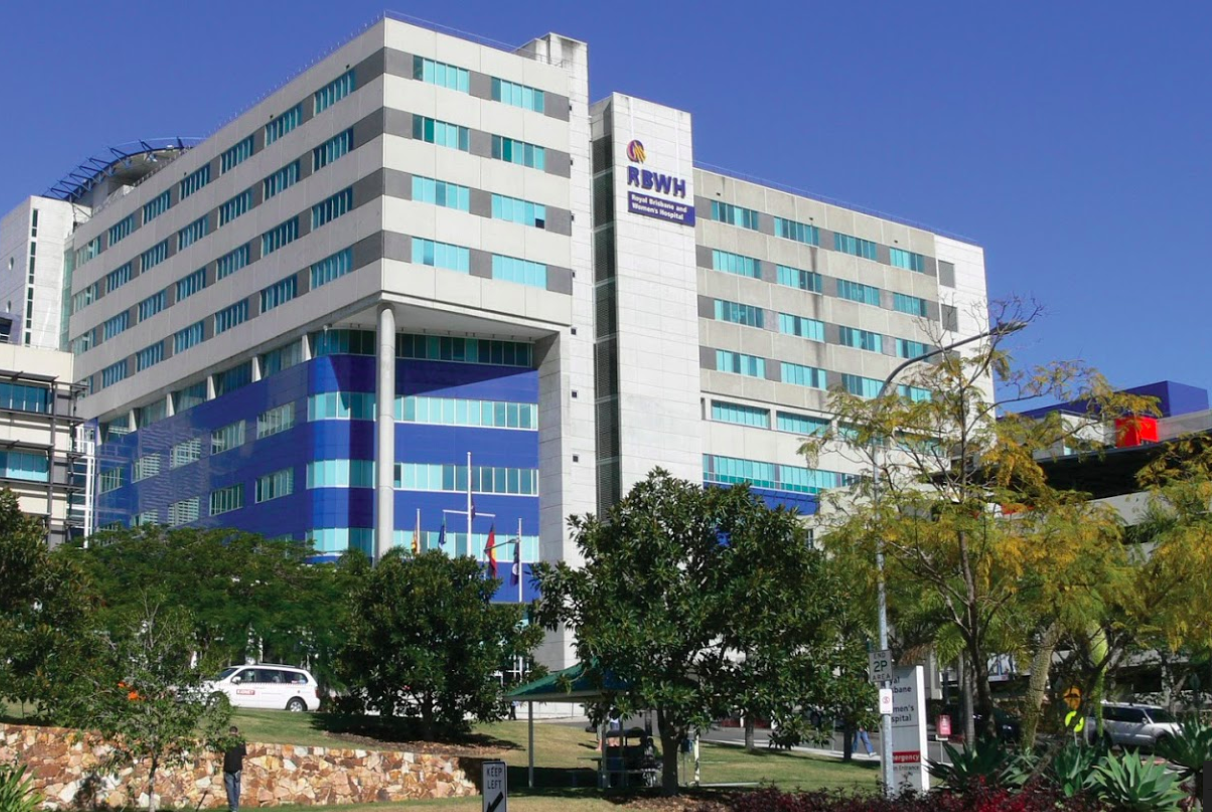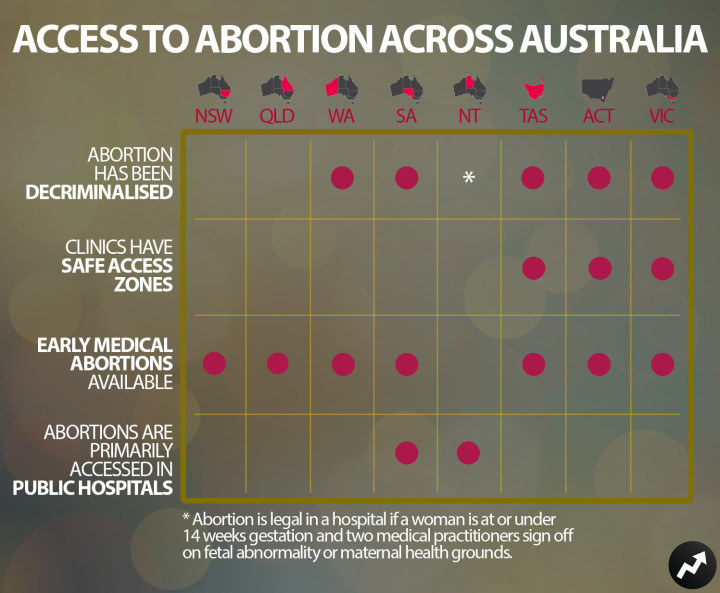Second trimester abortions – those performed at or after 14 weeks gestation – do not make up a statistically significant portion of terminations in Australia.

According to the most recent figures from the Australian Institute of Health and Welfare, most (94.6%) abortions in Australia take place before 13 weeks of gestation, and just 0.7% are carried out at or after 20 weeks.
But later term abortions were the subject of hundreds of submissions opposing a bill to decriminalise abortion in Queensland, where the procedure is only lawful to "prevent serious danger to the woman's physical or mental health", with many opponents incorrectly claiming the legislation would allow a baby to be "killed up until the moment of birth".
The bill prompted an inquiry into terminations in the state, during which Queensland Health’s Statewide Maternity and Neonatal Clinical Network chair, associate professor Dr Rebecca Kimble, said the “latest late term abortion” that had ever occurred in Queensland was at 22 weeks.
Abortions at this stage in the pregnancy happen once or twice a year at most, she said, and only because of serious medical complications.
“We have had to have terminations – and we are talking really rare situations – where continuation of the pregnancy of an undiagnosed cardiac condition in the mother, for instance, may require termination of pregnancy beyond 22 weeks because continuation would kill the mother,” Kimble said.
Queensland mother Michelle was "thrilled" when she fell pregnant in 2007, aged 32.
"Having another child was a huge decision for us that we had mulled over for some time," she told BuzzFeed News.
Michelle's daughter, who is now eight years old, suffers from a rare and chronic genetic condition, and doctors told Michelle she had a 25% chance of having another child with the same condition.
"The condition was manageable and we decided to try for a sibling and take our chances," she said.
Michelle undertook genetic testing at the beginning of her second trimester.
"We were over the moon when we found out he was a boy and we were over the moon when we found out he didn't have the condition my daughter has."
But a few days later Michelle was told the foetus had a "rare chromosome deletion".
"The condition was probably going to be fatal and it would be unlikely that the baby would live to full gestation."
"If he was born, he would probably die soon after birth," she said.
The doctor told Michelle and her husband that it was like "being hit by lightning twice".
"The scenario was overwhelming," Michelle said.
The couple decided they would seek an abortion.
"I couldn’t face going through with a pregnancy knowing that the baby was unwell and probably going to die inside me."
Michelle's obstetrician was going overseas and wasn't available to perform the termination, so she called other specialists.
"I sat on the floor of our lounge room calling all of the numbers while choking back tears but no one was available or able to perform the surgery," she said.
"Here I was, a married mother in my mid-30s, with financial means but unable to get anyone to perform the termination."
Michelle called a private clinic in Brisbane, 125km from her Toowoomba home.
"They offered to do the abortion for me for $1700, which was a lot of money for us."
Eventually, after many frantic Google searches, she found a counselling service, Children by Choice, that organised a foetal management specialist surgeon at a Brisbane hospital to perform the abortion.
"I was a mess by this point."
Two weeks later she had the procedure to terminate her 17-week pregnancy.

"It would have been a 20-week abortion if we hadn't done the testing earlier because of my daughter's condition," Michelle said.
She stayed five days as there was a complication when the doctor accidentally perforated Michelle's uterus, causing internal bleeding.
"I have never once regretted my abortion," she said. "What was difficult for me was the incredibly frustrating process I faced in actually arranging to have the procedure done. I wanted to have control over my own body and my own life choices but it felt like I didn’t."
Michelle fell pregnant soon after and gave birth to her second daughter in 2008.
Abortion law varies greatly between Australian states.

In Queensland and New South Wales abortion is still written into 100-year-old criminal law and in the Northern Territory some women have to travel thousands of kilometres to terminate a pregnancy, while in Victoria and Tasmania abortion is not only legal but women are able to access clinics without fear of harassment and intimidation by protesters thanks to the enactment of “safe access zones”.
Women experiencing unplanned pregnancies across Queensland have been turned away from hospitals and judged by their GPs.
Some have bought plane tickets to procure a surgical abortion and experienced harassment outside clinics as there is no law stopping protesters from gathering.
In NSW, a bill to decriminalise abortion, enact safe access zones around clinics and force doctors who conscientiously object to abortion to refer women to another doctor, has been this month introduced by Greens MP Mehreen Faruqi.
A separate private member's bill by Labor MP Penny Sharpe will seek to create safe access zones around abortion clinics.
